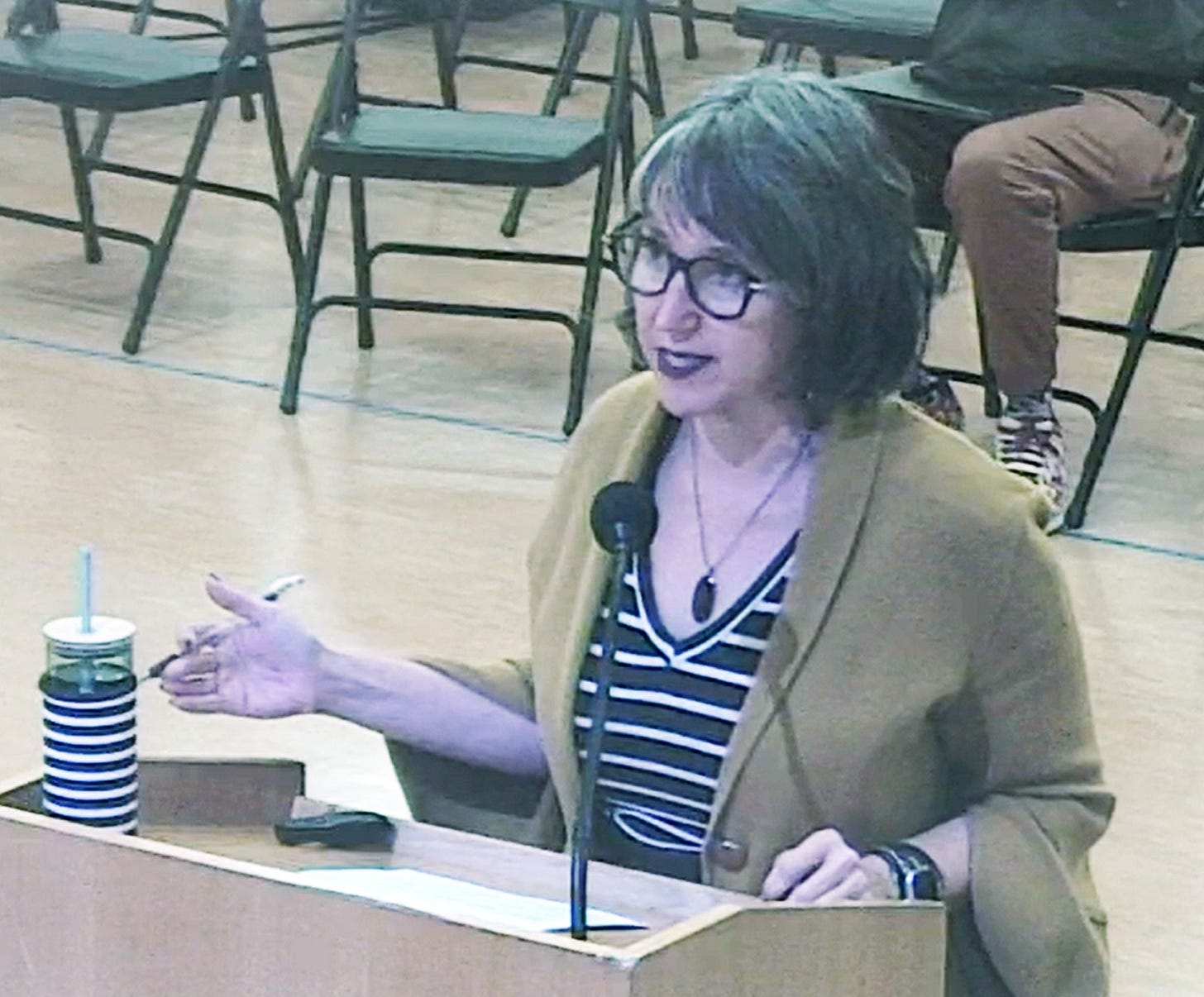Oakland school board kicks budget can down the road, passing “absolute minimum requirements” for county’s approval
County superintendent Castro approved this year's budget in a highly critical letter to OUSD, noting the district is still on the path to insolvency
Alameda County Office of Education (ACOE) superintendent of schools Alysse Castro has declined to take control of the Oakland Unified School District (OUSD) at this time, approving its 2025-2026 budget, while noting that it is still on the path to insolvency without executing on approximately $100 million in adjustments to the 2026-2027 budget.
In her letter to OUSD, she emphasizes that success is possible if the board is willing to act and that everyone is rooting for continued local control, even if there is significant skepticism given the board’s historical track record.
If the state does intervene, local control will have been “forfeited through inaction.”
Alameda County superintendent of schools Alysse Castro
On November 1, ACOE superintendent Alysse Castro approved the OUSD’s 2025-2026 budget, noting that the board met the “absolute minimum requirements” for budget approval and preserving local control of the district’s finances.
According to Castro’s letter, the California Education Code requires ACOE to make a final determination regarding the approval or disapproval of the district’s budget by November 8.
Justifying the approval, Castro explained, “[w]hile the Board’s minimal actions are inadequate to address the district’s increasingly dire financial circumstances, the district has adequate one-time dollars to stay afloat for the current school year.”
The approval hinges on a few recent OUSD board responses to the superintendent:
The OUSD board acknowledged that it must now cut approximately $100 million from its unrestricted general fund expenses for the 2026-2027 school year, and that it cannot make its legally-required reserve requirements (2% of the general fund) without making these cuts.
The board acknowledged that it is only meeting its board target 3% reserve requirement, which gives a 1% buffer to the 2% legal reserve requirement, through the use of restricted funds. Today, the district is only $3 million above the reserve requirement, and the Chief Business Officer has stated that the district is depleting these reserves by $4 million per month. Thus, OUSD will only make it through the 2025-2026 school year by continuing to allocate other restricted funds to the reserve. Note that it is unclear how this is consistent with California state law, which defines available reserves as unrestricted funds with only limited exceptions.
As Oakland Report previously reported, the board adopted a resolution on October 8th directing its budget staff to prepare multiple scenarios for how to cut approximately $100 million from the 2026-2027 budget. Castro notes that the board is simply kicking the can down the road: “[r]ather than provide clear direction for specific cuts or timelines for board action, the OUSD Board directed staff to create another new plan to make a future plan to address the same fiscal conditions that have been unaddressed for many years.” (Emphasis hers.)
“Not a viable path forward”
In the letter’s analysis section, Castro questions whether it is possible for OUSD to cut $100 million from its 2026-2027 budget, given the constraints the board has put on budget staff, such as taking school closures off the table. She also expresses skepticism, given the board’s track record, that the OUSD board will be able to steer the process to completion.
OUSD’s history reveals an undeniable pattern: requesting plans, then disregarding them; rejecting staff recommendations; changing direction and directions, and, when difficult decisions are finally made, rescinding them shortly thereafter.
– from ACOE superintendent Castro’s letter to OUSD, November 1, 2025
Explaining why she is not intervening now, Castro states that her goal is to support local control and give the board every opportunity to successfully exercise their authority. She emphasizes that success is possible if the board is willing to make a plan and stick to it, and that “OUSD has among the highest per pupil revenue of any district in the state, supported by incredible taxpayer and philanthropy support.”
Castro reminds the board that future compensation increases under its collective bargaining agreements cannot be made without corresponding tradeoffs elsewhere, and that given notice requirements, the window is narrowing to make structural staffing adjustments for the 2026-2027 school year.
In her words, if the state ultimately intervenes, local control would not have been taken away – it would have been “forfeited through inaction.”
You can read Castro’s complete letter here.
To better understand the role of the ACOE superintendent in relation to the OUSD board, you can read our recent explainer.
You can also read our breakdown of the OUSD board’s October 8 midnight approval of its “plan to make a future plan” to implement budget-balancing solutions here.
Thank you for reading Oakland Report. Subscribe for free to receive new articles in your inbox.



